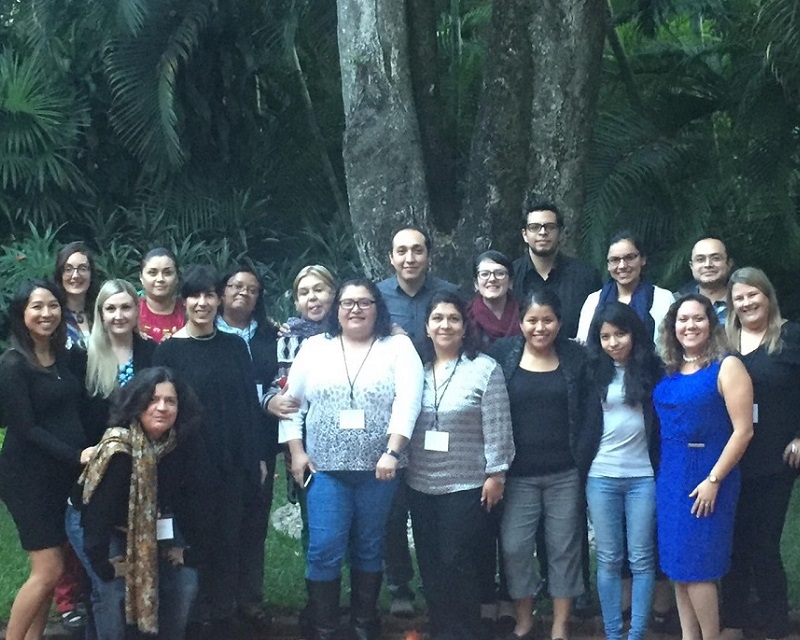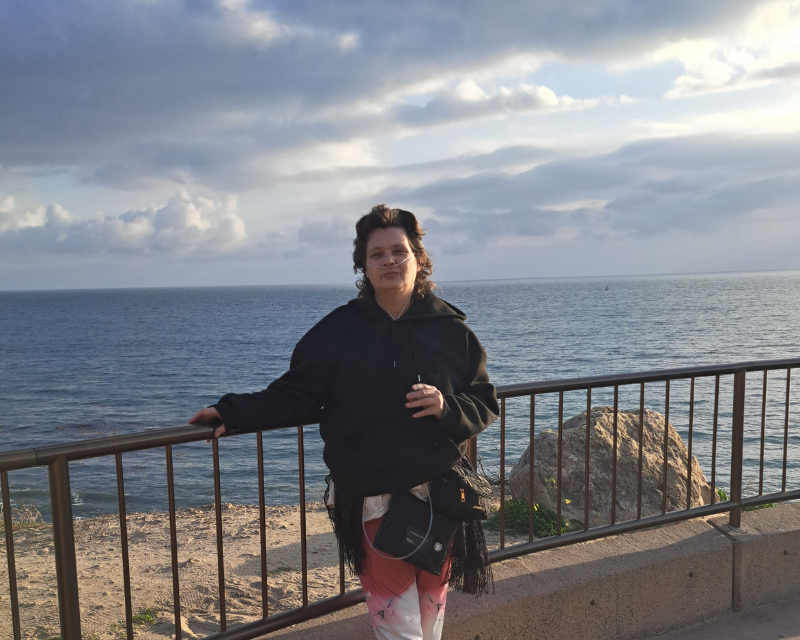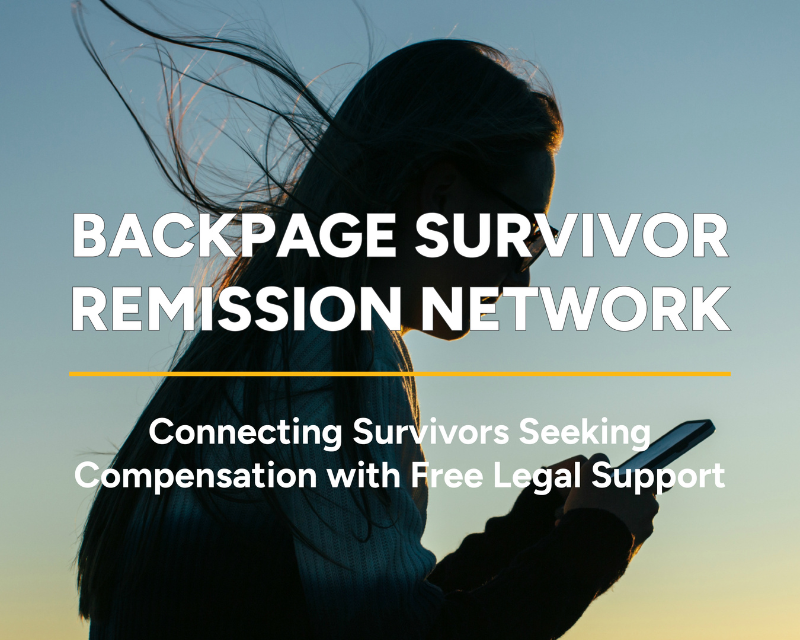
Para leer el blog en español haga clic aquí.
“Apapachada” was one participant’s answer to the question of how she felt after two intense days of conversation and collaboration at Polaris’s November consultation with service providers in Mexico.
This word, a Mexican expression that loosely translates to “spoiled,” “pampered,” or even “embraced,” could also perfectly sum up the way we all felt at the close of this event.
Held in Cuernavaca, in the state of Morelos, the consultation was part of Polaris’s Strategic Initiative to end Sex Trafficking from Mexico (STFM).
The two-day consultation was a rare opportunity to bring together groups fighting for the same cause, in different ways and in different parts of the country, all under one roof. We sought to learn from each other’s perspectives and experiences, but also to build relationships, which are the glue that holds the safety net together and form the foundation of our work.
Because there is still so much to learn.
While we have identified many best practices, models, and lessons to share from Polaris’s experience building and operating the National Human Trafficking Hotline since 2007, we also know that we still have so much to learn. In particular, there is a lot we don’t know about the on-the-ground work with survivors in Mexico that these service providers do every day, including the immense security challenges they face, and the country’s complex social, economic, and political context.
That’s why consulting with groups who are on the front lines working with survivors is not only an exercise in humility, in line with Polaris’s organizational values, but also a critical step that will inform and mold our efforts to eradicate this crime while simultaneously building a strong cross-border safety net for survivors.
The Latin origin of the word “consult” says, “consult before acting, examine a subject with one or more people, seek data or advice, or obtain useful information to meet your needs or achieve your objectives.”
With this goal in mind, we brought together groups from around the country to hear from them about the best ways we can support their work in Mexico. It was crucial for participants to feel comfortable and be honest, so we created a safe space where they could set aside any differences and listen to each other’s experiences, challenges, and frustrations.
Something’s got to give.
During the consultation, we learned about many issues that are especially complex in Mexico and how service providers are overcoming these obstacles. Take shelters, for example. This seemingly simple service sheds light on the unique challenges groups in the Mexican anti-sex trafficking field face, as well as potential best practices to replicate.
Many service providers who run shelter services are confronted with the need to provide survivors with basic comforts while also keeping them safe. Often working with limited resources and in precarious security conditions – dealing with problems like threats, intimidation, and sometimes corrupt authorities – something’s got to give.
The only way forward.
In the face of so much adversity, many of the people we spoke with are finding solutions in the power of the collective. Coming together as a unified voice can often strengthen advocacy efforts for more funding, resources, and government accountability in order to better serve their clients.
The group of brave, dedicated individuals who joined Polaris at our November convening shared stories like these that helped to deepen our understanding of the reality of sex trafficking in Mexico. We plan to draw on these open conversations to identify activities that will advance the anti-trafficking movement in Mexico and foster systemic change in the fight to end this crime and support survivors – not just a Band-Aid.
Feeling like you are not alone, but rather are connected to a network and are part of a whole is critical for anyone who is working to combat human trafficking – the crime and its consequences are simply too big to take on by yourself. For this reason, and now more than ever, apapacharnos is not only necessary but is the only way to move forward.
(Ah, and if you’re curious about the origin of the word, “apapachar” comes from the Aztec language of Nahautl, and means: “to hug or caress the soul.”)


